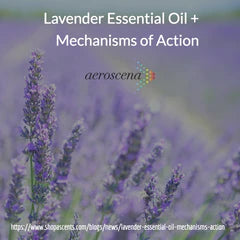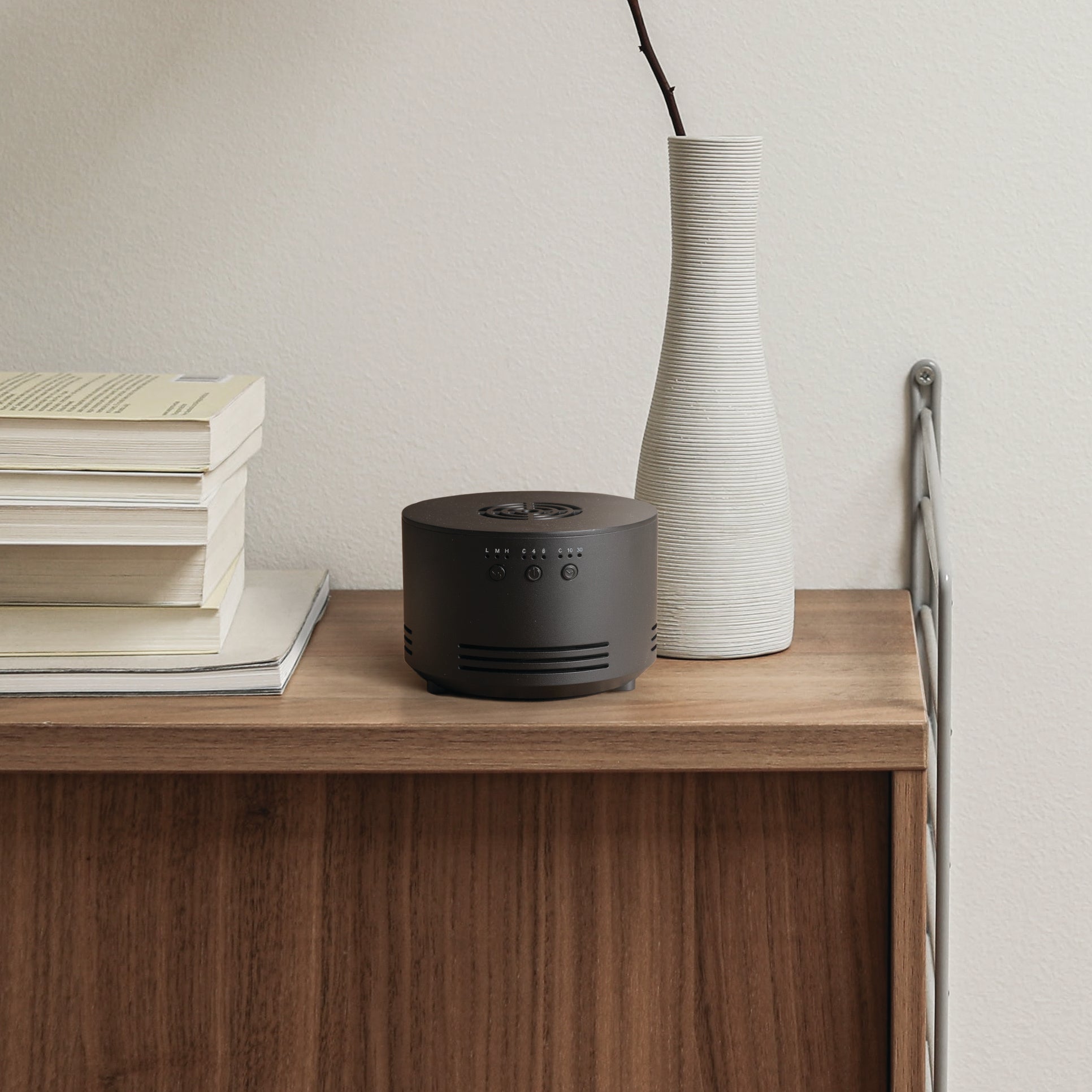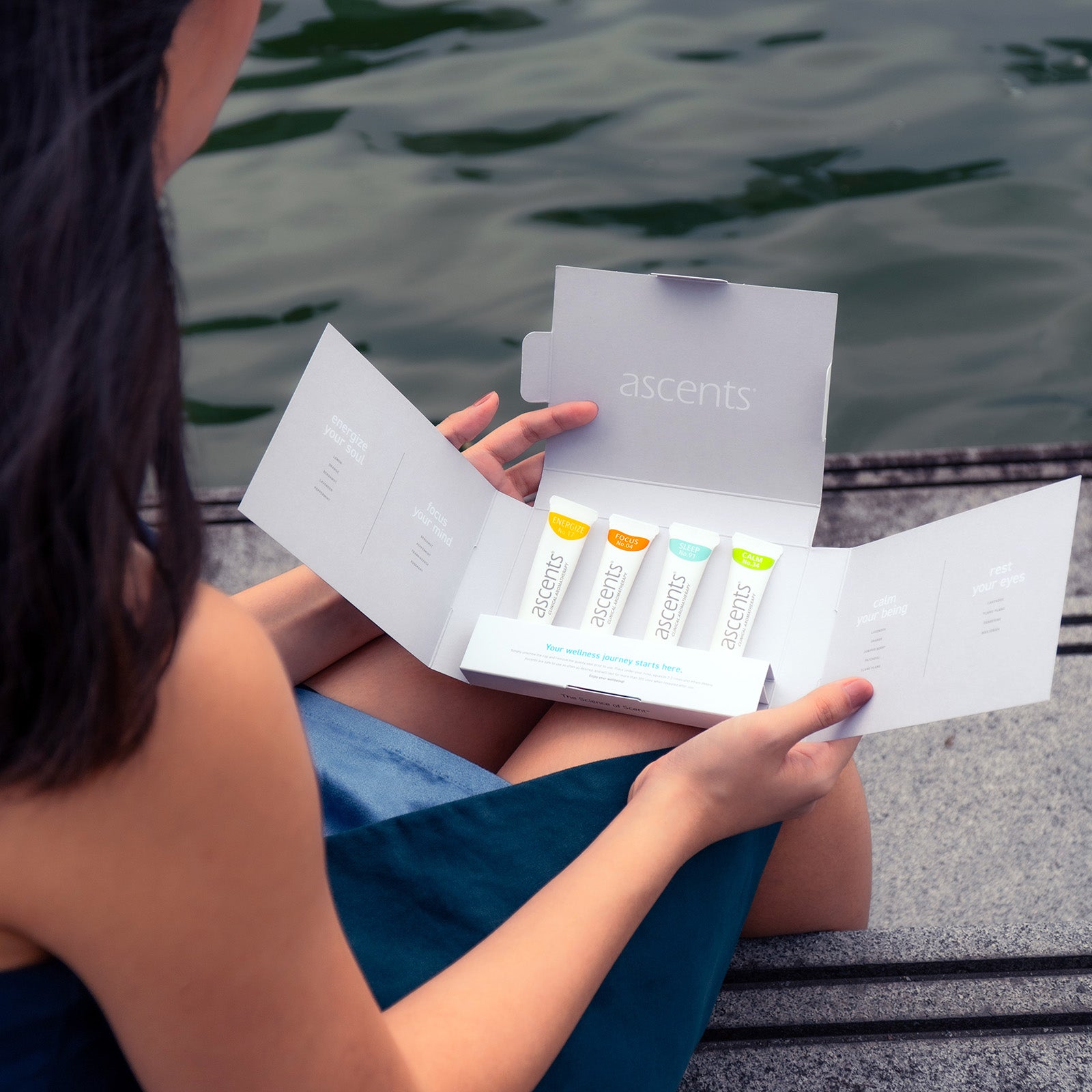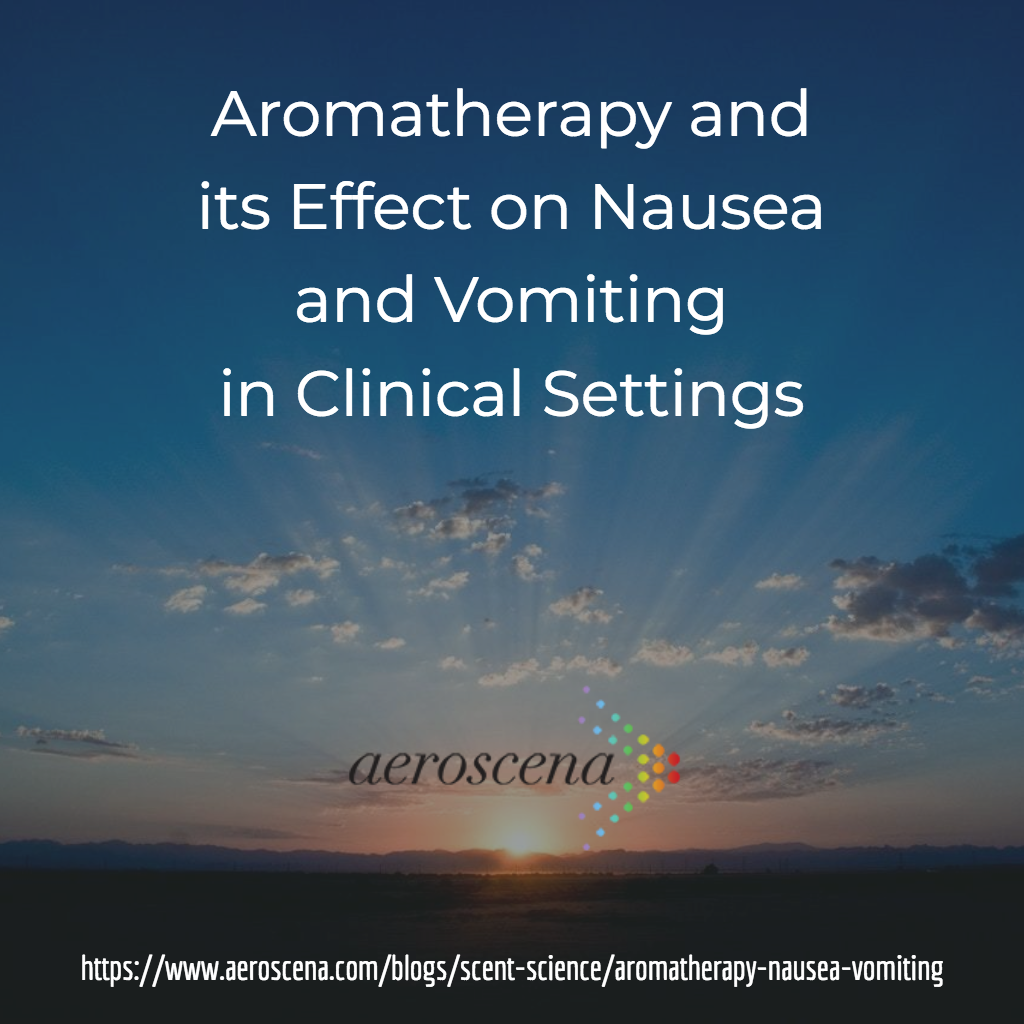(Or, how and why does lavender essential oil work?)

Lavender oil (Lavandula angustifolia) is one of the most commonly used essential oils for stress and anxiety. In fact, it may be the most popular essential oil on the market, due to both its efficacy and its pleasing scent. Although the use of lavender oil is ubiquitous, to most, its mechanisms of action — the hows and whys of the way it works — still remain a mystery.
Medical Professional?

Does lavender essential oil actually work to decrease anxiety and stress?
The short answer is, “yes” -- lavender oil does decrease feelings of anxiety and stress. How well it works, however, depends on multiple variables, in particular the specific use case and the quality of the essential oil itself. According to multiple scientific studies, lavender essential oil can be an effective treatment option for anxiety (1), as long as the oils constituent chemical makeup is unadulterated and in the correct ratios to make it so. Understanding an essential oil’s chemical makeup and ensuring that it contains all of the proper constituents — and nothing that it shouldn’t — is one of the most important factors to consider when purchasing an essential oil.
Lavender essential oil: mechanisms of action for stress and anxiety
Lavender essential oil has an extensive anecdotal history of anxiolytic benefit that has recently been supported by clinical studies examining its efficacy in the treatment of anxiety. The two primary terpenoid constituents of lavender essential oil, linalool and linalyl acetate, produce an
anxiolytic (calming) effect in combination. Investigators believe this occurs due to inhibition of voltage-gated calcium channels, reduction of 5HT1A receptor activity, and increased parasympathetic tone (1).
What does the scientific community say about lavender oil’s effects on anxiety?
A 2014 study revealed that lavender inhalation (aromatherapy) decreased the activity of sympathetic nerves that innervate white and brown adipose tissues, the adrenal glands and the kidneys, resulting in a decrease in lipolysis, thermogenesis and blood pressure. Olfactory stimulation (inhalation) with the scent of linalool on its own — a component of lavender oil — had similar effects to stimulation with lavender essential oil, demonstrating linalool’s efficacy (2).
In 2011, lavender aromatherapy was examined as a potential adjunct therapy to
relieve anxiety in patients undergoing minimally invasive facial cosmetic procedures such as Botox. Results were positive for its use in these clinical settings (3).
Lavender oil inhalation was also studied in 2012 to catalog its effects on emotional states, the autonomic nervous system, and brain electrical activity. Lavender oil exposure resulted in significant decreases in blood pressure, heart rate, and skin temperature, indicating a decrease in autonomic arousal. The subjects in the lavender oil group categorized themselves as more relaxed than subjects who had only inhaled the base oil. Compared with base oil, lavender oil increased the power of theta (4–8 Hz — those produced during meditation and light sleep) and alpha (8–13 Hz — those produced during deeply relaxed states) brain activities.The findings provided evidence of the
relaxing effect of inhaled lavender oil (4).
In a 2017 review of the literature,
lavender essential oil was found to exhibit many desirable properties of an anxiolytic (anti-anxiety) agent, including a calming effect without sedation, as well as a lack of dependence, tolerance, or withdrawal. Its onset of efficacy was more rapid than current first-line agents, and evidence was gathered from multiple high-quality randomized trials that suggest lavender essential oil as a reasonable treatment option for some
anxiety disorders (1).
Quality and consistency of lavender oil can make or break its efficacy for treating anxiety and stress
What we have found is that essential oils are complex materials. Even variables like seasonality and other natural factors can make the essence of each plant unique and changeable month to month and year over year. For example, the same Lavandula angustifolia grown at a higher altitude tends to be more useful for sleep disorders, anxiety and other calming effects. The same plant at a lower altitude will contain slightly more of the alcohols, making the oil slightly more effective in the treatment of wounds, while remaining an effective anxiolytic agent.
So while we know
lavender essential oil can mitigate anxiety and stress, it will only work when the oil’s constituents (such as linalool) are in the proper ratios to ensure efficacy. In fact, even the smallest differences in the molecular structure in a lavender oil — one of the primary essential oils in our proprietary
Calm and
Sleep formulas — may have every bit as much importance to the mechanisms of action as the largest. This is why we work to provide clear data, complete testing and an overarching commitment to bringing more facts to the use of these powerful phyto-inhalants.
Healthcare Professional?

(1) Essential oil of lavender in anxiety disorders: Ready for prime time?Ment Health Clin. 2017 Jul; 7(4): 147–155. Published online 2018 Mar 26. doi: 10.9740/mhc.2017.07.147 Benjamin J. Malcolm, PharmD, MPH and Kimberly Tallian, PharmD, BCPP, FASHP, FCCP, FCSHP
(2) Olfactory stimulatory with grapefruit and lavender oils change autonomic nerve activity and physiological function.
Auton Neurosci. 2014 Oct;185:29–35. doi: 10.1016/j.autneu.2014.06.005. Epub 2014 Jun 25. Nagai K, Niijima 2, Horii Y, Shen J, Tanida M.
(3) Effects of lavender olfactory input on cosmetic procedures.
J Cosmet Dermatol. 2011 Jun;10(2):89–93. doi: 10.1111/j.1473–2165.2011.00554.x. Grunebaum LD, Murdock J, Castanedo-Tardan MP, Baumann LS.
(4) The effects of lavender oil inhalation on emotional states, autonomic nervous system, and brain electrical activity.
J Med Assoc Thai. 2012 Apr;95(4):598–606. Sayorwan W1, Siripornpanich V, Piriyapunyaporn T, Hongratanaworakit T, Kotchabhakdi N, Ruangrungsi N.











Leave a comment
This site is protected by hCaptcha and the hCaptcha Privacy Policy and Terms of Service apply.